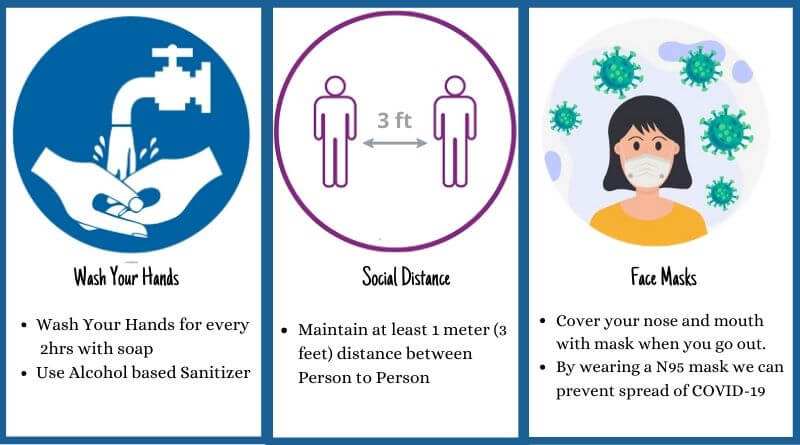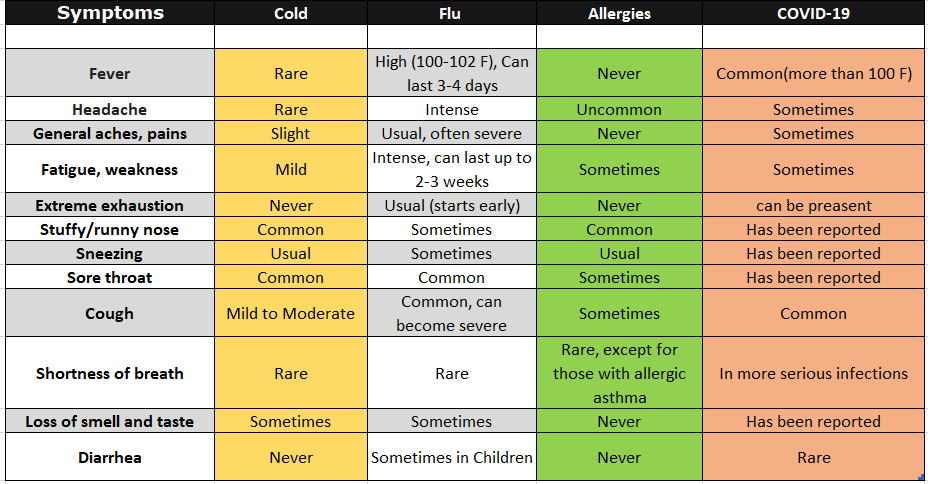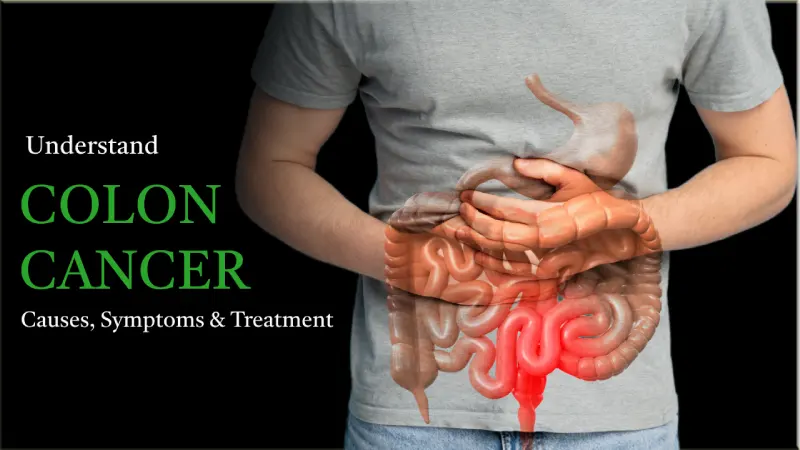What is Coronaviruses?
Coronavirus is a large family of viruses that cause the common cold to cause serious illnesses such as Middle East Respiratory Syndrome (MERS) and Severe Acute Respiratory Syndrome (SARS).
How does the coronavirus COVID-19 spread?
Researchers now know that the COVID-19 passes through airborne droplets when an infected person coughs or sneezes. Drops usually do not exceed a few feet and fall to the ground or any surfaces within a few seconds – so they are effective in preventing the spread of physical distance.
COVID-19 was popup in December 2019 in Wuhan, China. Although health officials are still searching for the exact source of the new coronavirus, basic hypotheses speculations suggest it could be linked to the seafood market in Wuhan, China. Some who have entered the market have developed viral pneumonia caused by a new coronavirus. The study, published on January 25, 2020, states that the first person reported was ill on December 1, 2019 and had nothing to do with the seafood market. The origin and prevalence of this virus is currently being studied.
What is the Incubation period for COVID-19?
Symptoms occur in humans within 14 days of infection.
To reduce the spread of the new coronavirus and COVID-19 disease, you can take important measures to protect yourself, your family, and others. Lisa Maragakis, senior director of infection prevention at Johns Hopkins Medicine, shares these recommendations:
What are symptoms of COVID-19?
COVID-19 symptoms include:
- Cough
- Fever
- Shortness of breath
- Muscle or body aches
- Sore throat
- Loss of smell & Taste
- Diarrhea
- Headache
- Fatigue
- Nausea or vomiting
- Congestion or runny nose
- Chills, sometimes with shaking
The virus causes pneumonia, respiratory failure, septic shock and death. Most COVID-19 problems are caused by a condition called cytokine release syndrome or cytokine cyclone. This happens when your immune system is activated with inflammatory proteins called infection cytokines in your blood. They kill tissues and damage your organs.
If you notice the following severe symptoms in yourself or a loved one, get medical help right away:
- Trouble breathing or shortness of breath
- Chest pain
- New confusion
- Can’t wake up fully
- Bluish lips or face
In some cases, COVID-19 can cause severe respiratory problems, kidney failure, or death.
- If you have problems with breathing or fever or cough or problems with respiratory, call your doctor or health care provider and explain your symptoms over the phone before going to the doctor’s office, emergency room or emergency room. If you are concerned that you may be ill and COVID-19, the instructions are below.
- If you have a medical emergency such as shortness of breath, call 911 and report your symptoms.
- If you are infected, the symptoms will appear in 2 days or 14 minutes. It varies from person to person.
According to researchers in China, these are the most common symptoms in people with COVID-19:
- Fever 99%
- Fatigue 70%
- Cough 59%
- Lack of appetite 40%
- Body aches 35%
- Shortness of breath 31%
- Mucus/phlegm 27%
Some people who have been treated and hospitalised with COVID-19 also have dangerous blood clots, including in their legs, lungs, and arteries.
How do you protect yourself from this coronavirus?

Avoid close contact with others.
It is important to understand that a new coronavirus is transmitted from one person to another. If an infected person coughs or sneezes, his drops can infect to the people. Therefore, close contact with others should be avoided. It is important to understand that people (including children) can become infected with the new coronavirus and develop mild symptoms.
And you should take other measures along with close contacts that include:
- Mostly Stay at home. If any emergency, wear mask and cover your body.
- Maintain physical distancing at least 3 feet from person to person in public places
- Ask your employer if it’s possible to work from home.
- Maintain Distance from people who appear sick.
- The CDC recommends wearing the canvas in public, where it is difficult to perform other physical distance activities, especially in areas with large community-based transmission.
Practice good hygiene wherever you are.
- The COVID-19 can spend hours or days in some places. Touching contaminated soil and the face is one way to get infected.
- After twenty hours, the virus is no longer found in plastic, and after about 48 hours in stainless steel or cardboard.
- Wash your hands often with soap and water for at least 20 seconds, especially:
- After you have been in public places and busy with door frames, shopping carts, elevator buttons, etc.
- After using the toilet
- Before cooking
- If soap and water are not available, use hand soap with at least 60% alcohol.
- Do not touch your eyes, nose or mouth, especially with unwashed hands.
- If you cough or sneeze, do it by the neck. If you use a knife, throw it away immediately.
Cold, Flu, Allergies, COVID-19 Symptoms

Where can I find more information about known coronaviruses?
For more information on MERS-CoV here.
For More information on SARS-CoV here.




